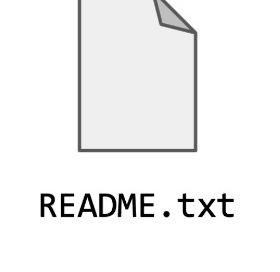A Manager's README—that document where you detail your working style, expectations, and quirks— isn't documentation. It's a mirror you can't escape.
Your team already sees through the gaps. They see the gap between your "open door policy" and your reflexive dismissals. What they don't know is whether you see it too.
The power move isn't avoiding exposure; it's inviting it. When your report says, "You claim to welcome challenges but shut down my questions," you face a moment of truth. Your response to this data, not your values statement, is your leadership compass.
Change becomes credible only when witnessed. When you shift from interrupting to inquiring, your team doesn't just notice; they recalibrate their entire understanding of who you are.
Trust isn't built on perfection. We instinctively distrust flawless performance; it reeks of rehearsal. Your team doesn't expect perfection; they expect awareness.
Writing "I value direct feedback" means nothing if you flinch at criticism. The document merely creates the collision between your stated intentions and observed actions.
The Manager's README doesn't make you trustworthy. Your convergence toward what you've written, especially when painful, does.
What would your team write in your README, and would you recognize yourself in it?
==
Want to explore this further? Read the full article "The Manager's README: A Practice in Radical Honesty and Leadership Evolution" on my blog.
Whenever you’re ready
Here are ways we can work together:
Facilitation — I can help your team think and work better together—whether in strategy sessions, planning meetings, or team development. Thoughtful facilitation brings out your collective best thinking.
Leadership Coaching — One-on-one conversations to sharpen your leadership instincts, think strategically about your next steps, and work through challenges with clarity and focus. I’m taking three clients in Q2.
If you’d like to discuss how any of these might fit your current situation, reply to this email. I’m always happy to chat.


